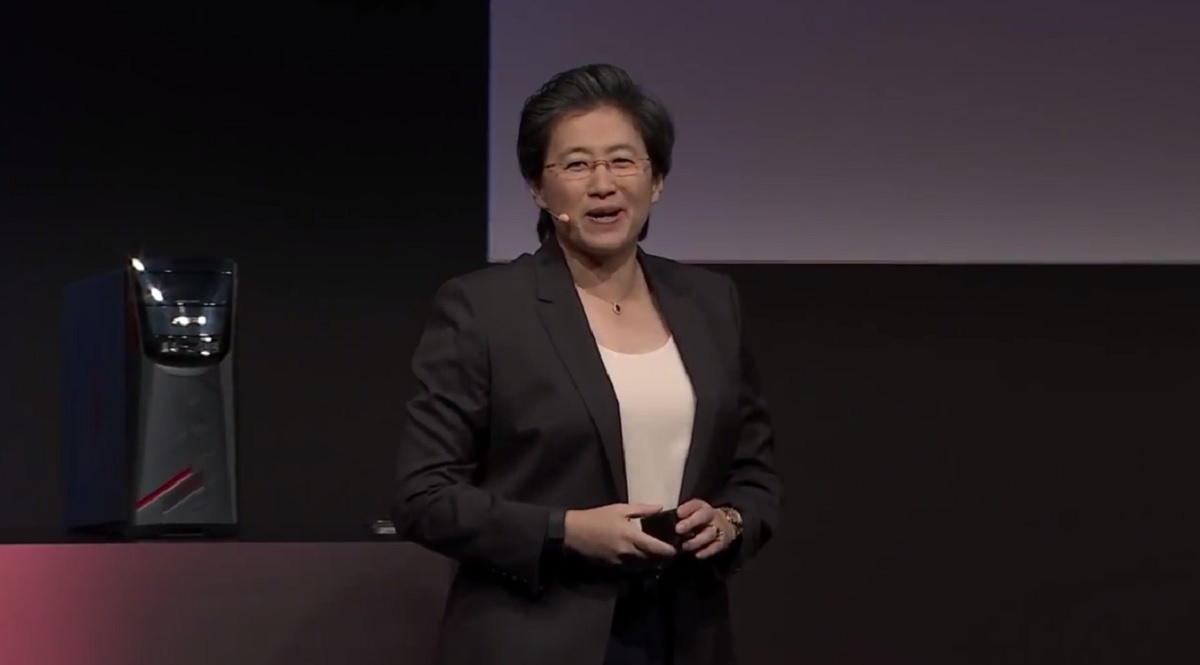Advanced Micro Devices saw its stock price plummet as much as 22.5 percent in after-hours trading after it reported third-quarter revenues that were slightly less than the market expected and forecast conservative growth for the fourth quarter.
AMD’s stock fell along with much of the broader market, which was down about 3 percent today based on concerns about the economy.

Unlock premium content and VIP community perks with GB M A X!
Join now to enjoy our free and premium membership perks.
![]()

![]()